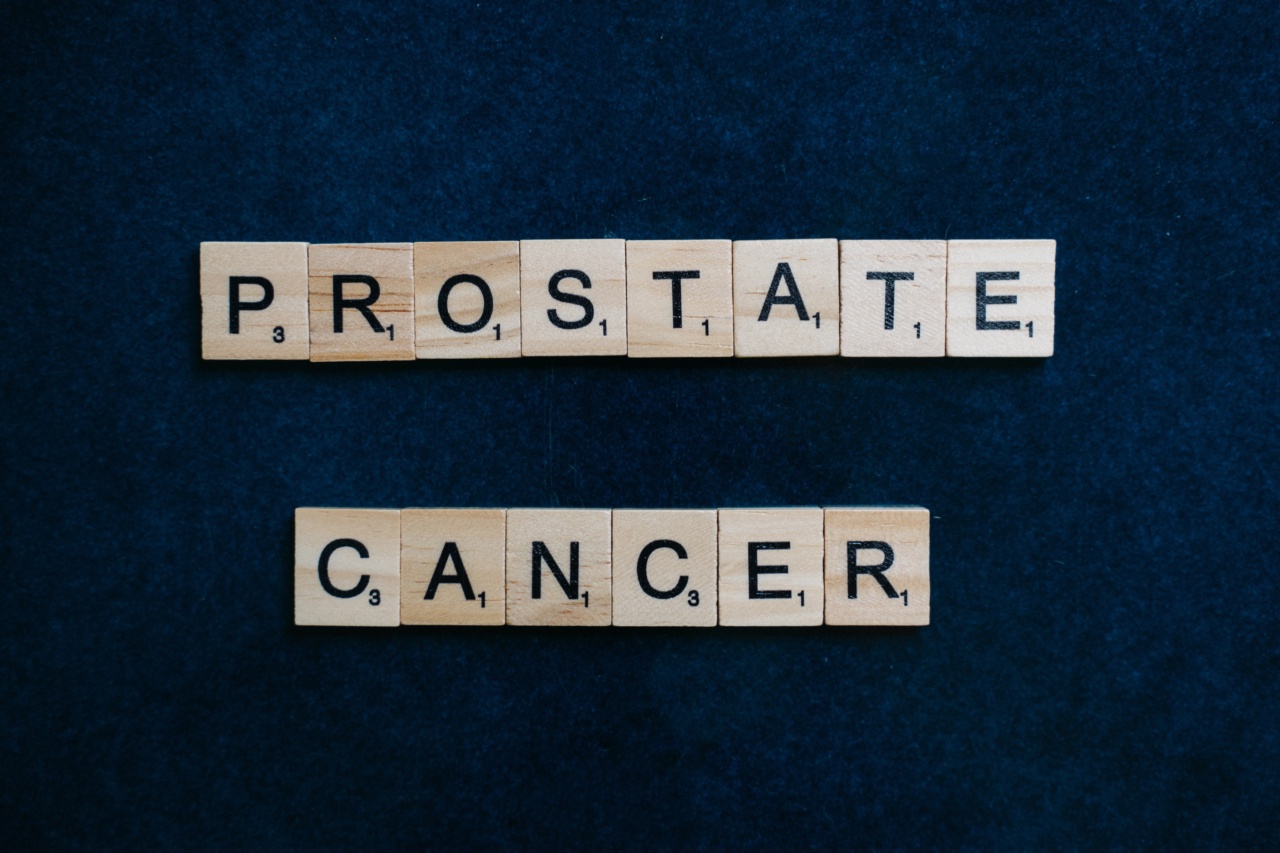When it comes to protecting your health, prevention is always the best approach. This is especially true when it comes to two of the most common types of cancer – stomach and prostate cancer.
While screenings and early detection are crucial, taking steps to reduce your risk can go a long way in warding off these diseases. In this article, we will explore some of the most basic and effective measures you can take to shield yourself from stomach and prostate cancer.
1. Maintain a Healthy Weight
One of the key factors in lowering your risk of developing stomach and prostate cancer is to maintain a healthy weight.
Obesity has been linked to a higher likelihood of developing these cancers, so it’s important to eat a balanced diet and engage in regular physical activity.
2. Follow a Balanced and Nutritious Diet
What you eat plays a crucial role in your overall health, and that includes your risk of cancer.
For stomach cancer prevention, it’s recommended to consume a diet rich in fruits and vegetables, while limiting the intake of processed meats and salty foods. Additionally, including more green leafy vegetables and cruciferous vegetables like broccoli and cauliflower can significantly reduce the risk of prostate cancer.
3. Cut Down on Salt and Processed Foods
Excessive consumption of salt and processed foods has been linked to an increased risk of stomach cancer.
To protect yourself, it’s important to control your sodium intake and opt for freshly prepared meals using natural ingredients whenever possible.
4. Stay Physically Active
Regular physical activity is not only beneficial for maintaining a healthy weight but also helps reduce your risk of various types of cancer, including stomach and prostate cancer.
Engaging in at least 150 minutes of moderate-intensity exercise each week can greatly contribute to your cancer prevention efforts.
5. Moderate Alcohol Consumption
While moderate alcohol consumption may have some health benefits, excessive or regular heavy drinking increases the risk of both stomach and prostate cancer.
It’s best to limit alcohol intake to moderate levels, especially if you’re already at a higher risk due to other factors like family history.
6. Quit Smoking
Smoking is a major risk factor for several types of cancer, including stomach and prostate cancer. If you smoke, it’s crucial to quit as soon as possible.
Seek help from healthcare professionals or organizations that provide support for smoking cessation.
7. Include Fiber in Your Diet
A diet high in dietary fiber has been associated with a reduced risk of both stomach and prostate cancer. Foods rich in fiber include whole grains, legumes, fruits, and vegetables.
By incorporating these into your daily meals, you can take a significant step toward cancer prevention.
8. Get Regular Screenings
While prevention is essential, regular screenings are still important for early detection.
For stomach cancer, endoscopic examinations are commonly recommended for individuals with a higher risk, such as those with a family history or certain genetic factors. For prostate cancer, regular prostate-specific antigen (PSA) testing is advised, particularly for men over the age of 50.
9. Manage Stress and Mental Health
Chronic stress and certain mental health conditions have been associated with an increased risk of cancer. It’s important to adopt healthy stress management techniques, such as mindfulness, exercise, or engaging in activities you enjoy.
Seeking professional help when needed is also crucial for maintaining good mental health.
10. Stay Hydrated and Limit Red Meat
Staying hydrated is important for overall health, including cancer prevention. Adequate hydration helps with digestion and reducing the risk of stomach cancer.
Additionally, it’s advisable to limit the consumption of red meat, which has been linked to an increased risk of prostate cancer.






























